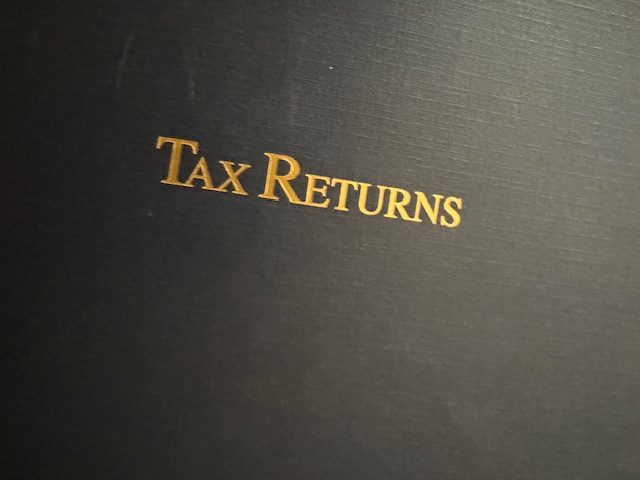
A seller client recently asked me about the impact of capital gains on their home sale proceeds. I was pretty sure that I have a good handle on the answer, but I always prefer to be the source to another source. When people ask me if there’s much crime in a neighborhood I like to point them to someone who can give them the data. Is it safe for me to send my kids to school in this town? Again, let me find you a data source for that. You might be surprised to learn that real estate professionals are putting their license at risk if they start telling people to buy in this town for the schools or avoid this town because of the schools, or a host of other opinions that could be considered steering. Most days I like my real estate license, so here I am being the source to a source on the capital gains question.
I’m on the board of the Princeton Business Association with Jennifer Lovett, who, along with her husband and brother, own several Liberty Tax franchises. I posed my question to Jen, and asked her to write a story for me. So here we have it – – what is the impact of capital gains taxes on your home sale?
“Selling a home? Remember the IRS is nosey and wants to know if they deserve a cut. Prior to 1997 you either had to be 55 or older (and owned the home 3 of the 5 prior years) or there was a rollover rule, which in very general terms, allowed you to defer the gain as long as you continued to buy equal or more expensive homes. There was a lifetime limit of $125,000 and of course there were other nuances but those are the very basics.
Nowadays, there are new rules which will allow you to either partially or fully exclude a capital gain on the sale of your main home. Current rules, you may exclude up to $250,000 of gain if filing single or $500,000 of gain if filing jointly. You must pass the following tests, the ownership test (2 of the past 5 years), use test (again primary home 2 of the past 5 years) and a frequency test (haven’t claimed the exclusion in the past 2 years). Gone is the one lifetime exclusion. If you do not fully meet those criteria, you may still qualify for a partial exclusion, for example you had to move for work related reasons, health reasons or other unforeseen circumstances.
Calculating your gain is not as simple as your selling price minus your purchase price. You need to take all factors into consideration. Maybe you have capital improvements or medical-related capital improvements, maybe you used your home for rental or business use (which may cause depreciation recapture for example, too much for this article so if this is you reach out to a pro).
First let’s define a couple of these terms as the IRS would. Capital improvement vs. repair. A capital improvement adds value, significantly extends the life of the property or creates a new use vs. a repair that simply keeps the home in normal operating condition. Examples for capital improvements would be building a driveway, fence or swimming pool, adding a new roof, modernizing a kitchen or installing permanent flooring while repairs would be patching a leak or just replacing a few shingles on a roof. A medical-related improvement could be installing entrance/exit ramps or widening doorways. Something to note, if the medical modification adds no value to the home it may be considered a medial expense and may possibly be deducted elsewhere on your return.
Time for an example. I am married and we purchased a home for $325,000 15 years ago. We have replaced the roof, modernized the kitchen and bathroom and installed wall-to-wall hardwood floors. The improvements were $105,000. We then sell our home in 2025 for $975,000. We would first increase the cost basis by $105,000 to $430,000. Subtracting that from $975,000 would leave us with a gain of $545,000. We are filing jointly, so exclude $500,000 leaving a gain of $45,000. But not so fast. There are also additional fees and closing costs you may be able to include in your cost basis, including but not limited to legal fees, recording fees, title insurance and others. Not all fees are includable so check with a tax professional for which ones you can and cannot use. You may also exclude some selling expenses such as sales commissions and legal fees.
For more information contact a tax professional or you can head on over to the IRS website for some light bedtime reading. Simply search for IRS publication 523 for all of the latest and greatest on selling your home in a 27-page fun filled pdf. At the end of the day, selling your main home can trigger capital gains taxes, but most homeowners qualify for a significant exclusion. Keep good records of your home’s purchase price, improvements, and any periods of non-residential use so you can minimize or eliminate any taxable gains.”
Jennifer Lovett EA, CAA, MSCTA
Jennifer Lovett – Appointment availability
Trident Financial Services LLC
978-504-2555
THIS STORY SUBMITTED BY: Jennifer Lovett



